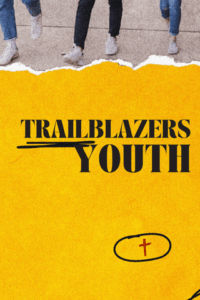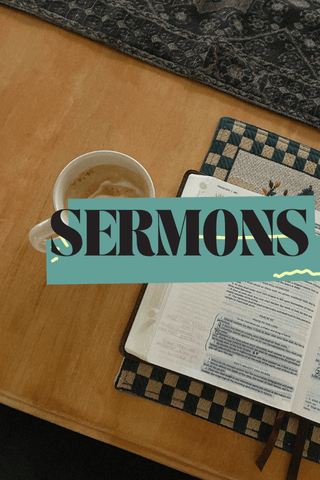




We are honored to announce the 15th Annual Charity Golf Tournament, a legacy of generosity and impact.
🗓 Date 日期: 31 October, 2025
📍 Venue 地点: 上海旭宝高尔夫俱乐部 江苏省昆山市淀山湖镇旭宝路1号
🏌️♂️ All proceeds will go toward supporting school supplies for primary school students in Gande County, Qinghai, and offering scholarships to underprivileged students in Yunnan to support them in completing their education.
本次赛事的所有收益将用于支持青海甘德县小学生的学习用品,以及为云南的贫困学生提供奖学金,帮助他们顺利完成学业。
This will close in 20 seconds